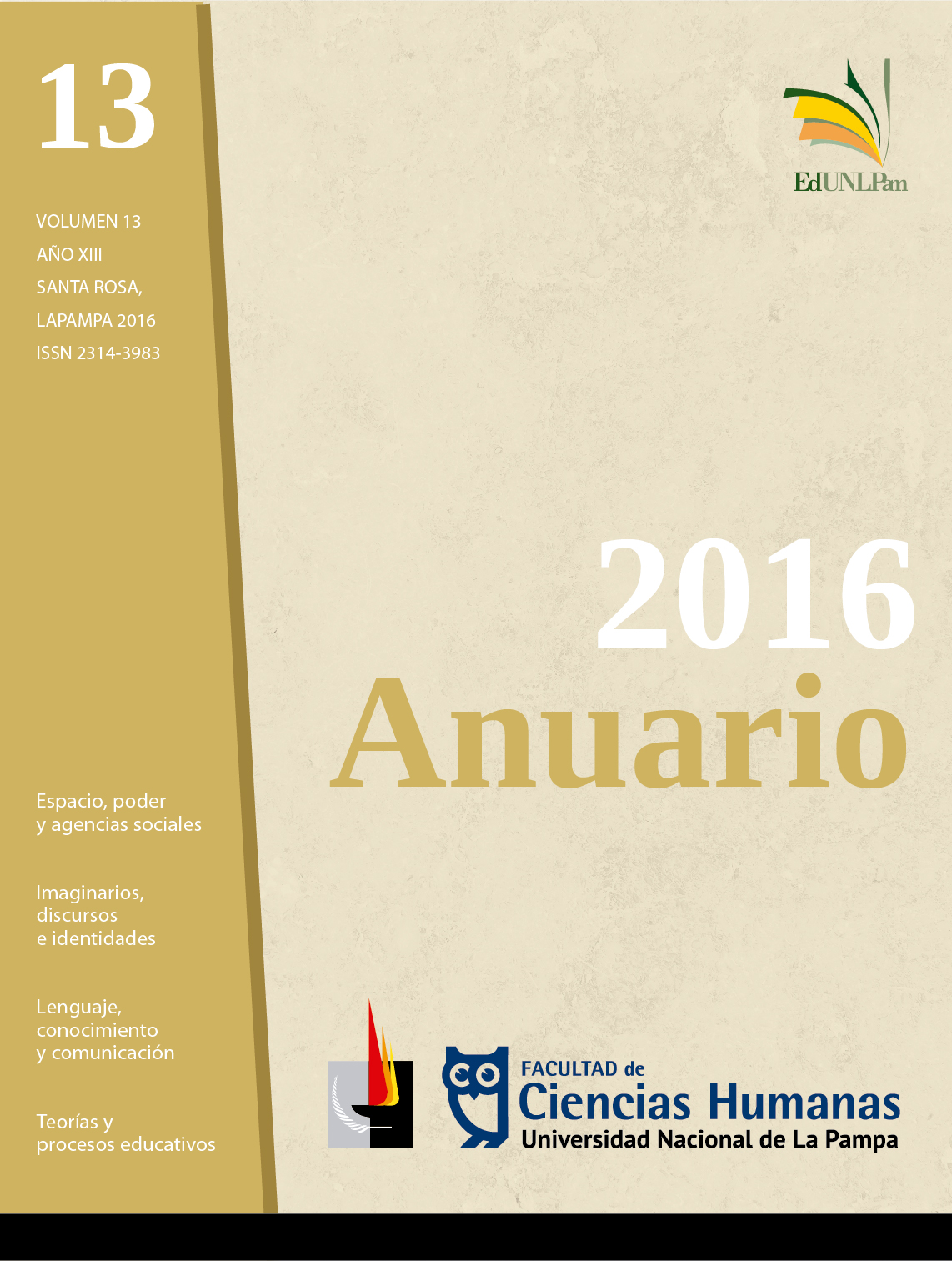The role of games in the transition between initial and primary levels: the actors’ voices
Keywords:
educational transition, initial and primary levels, game, learning, actorsAbstract
In the context of qualitative research on the transition between levels of education, it is important to examine the place of the game as a didactic principle in which different factors that favor or obturate the continuity of actions between the Initial and the Primary Level are involved. Firstly, we analyse the regulations that frame the proposal of incorporating play activities in curricular decisions and how much is achieved. We notice that the prescriptive notions about the place of game activities at school are present in the actors’ discourses, both in the perspectives that teachers take and in the perception of students attending the Initial Level and first grade of Primary Education.
The questions that guide the actors’ speeches challenge their beliefs with respect to the game in relation to teaching and learning. In a way of research method, we use interviews as a data collection technique.
We incorporate the interpretation of the school actors’ voices as regards their experiences of game activities and their attributed value, continuity or disruption of certain actions and their linkage with the different aims and functions of game such as: emotional, recreational and cognitive development.





.png)





